Buena Vista Vertedero / Los Barriles Landfill
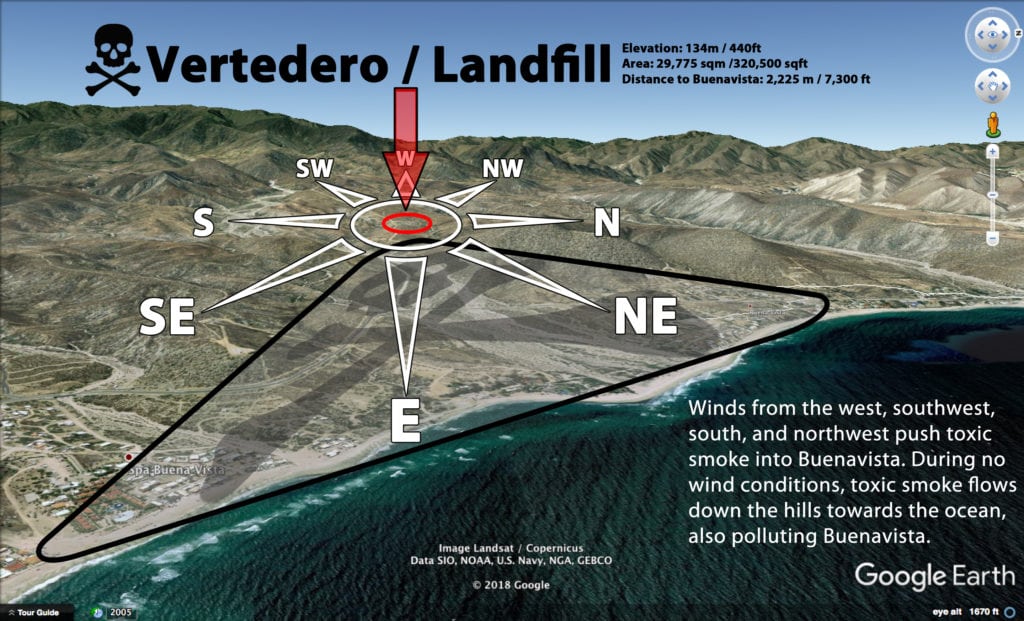
TOXIC / TÓXICO
Only a few kilometers from the white sand beaches of the East Cape of Los Cabos, the Vertedero de Los Barriles y Buena Vista — a landfill collecting the waste from the area communities — burns steadily. Fires from piles of plastic, tires, cans, aerosols, and all other types of trash pump toxic smoke into the valleys below.
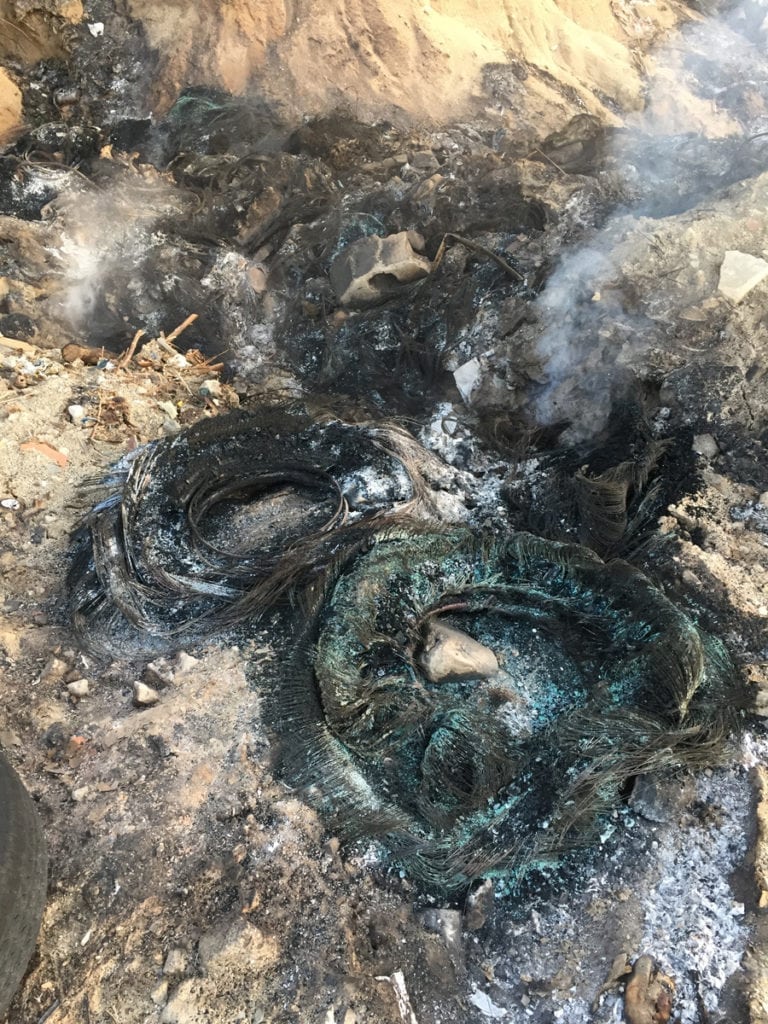
The landfill fires can often go unnoticed as a steady northern wind–famous with wind surfers and kite boarders–pushes the smoke south and away from larger populations in the winter months. However, whenever there is not a breeze, the high pollutant and heavy smoke flows down the higher 134m elevation of the landfill to sea levels below.
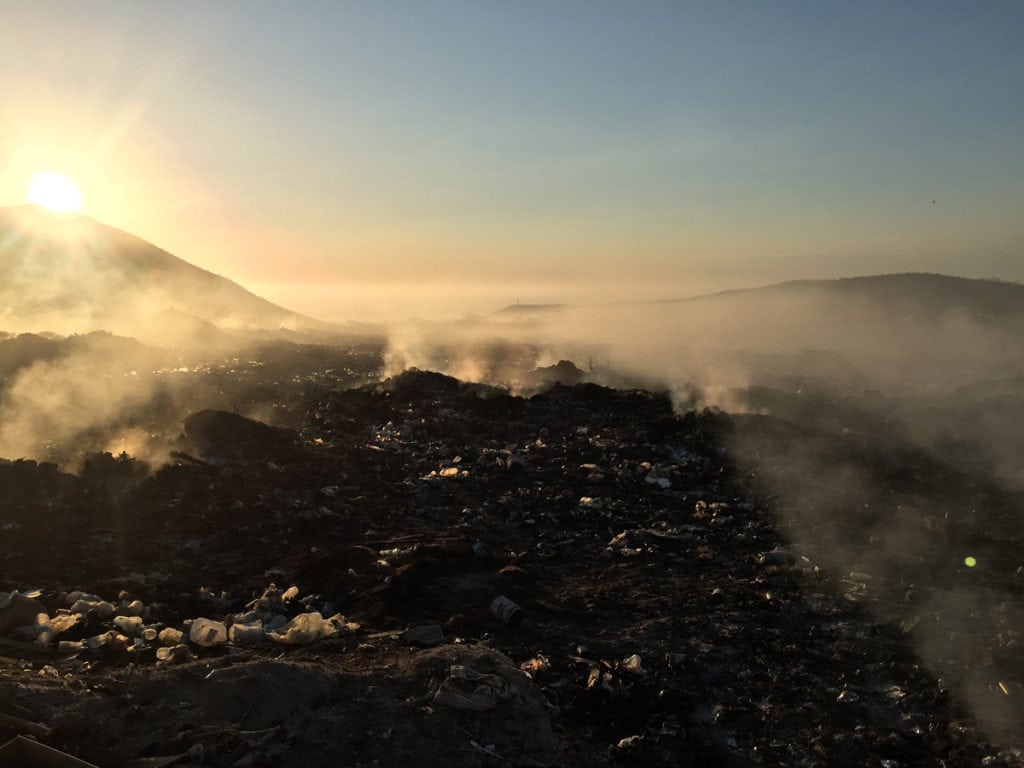
Even though particulate matter measurements (PM 2.5, PM 10) are not being recorded for the area the materials being burned on site are known to release mercury emissions and polycyclic aromatic hydrocarbons (PAHs). These pollutants can cause neurological & lung diseases, and have links to cancer & heart disease.
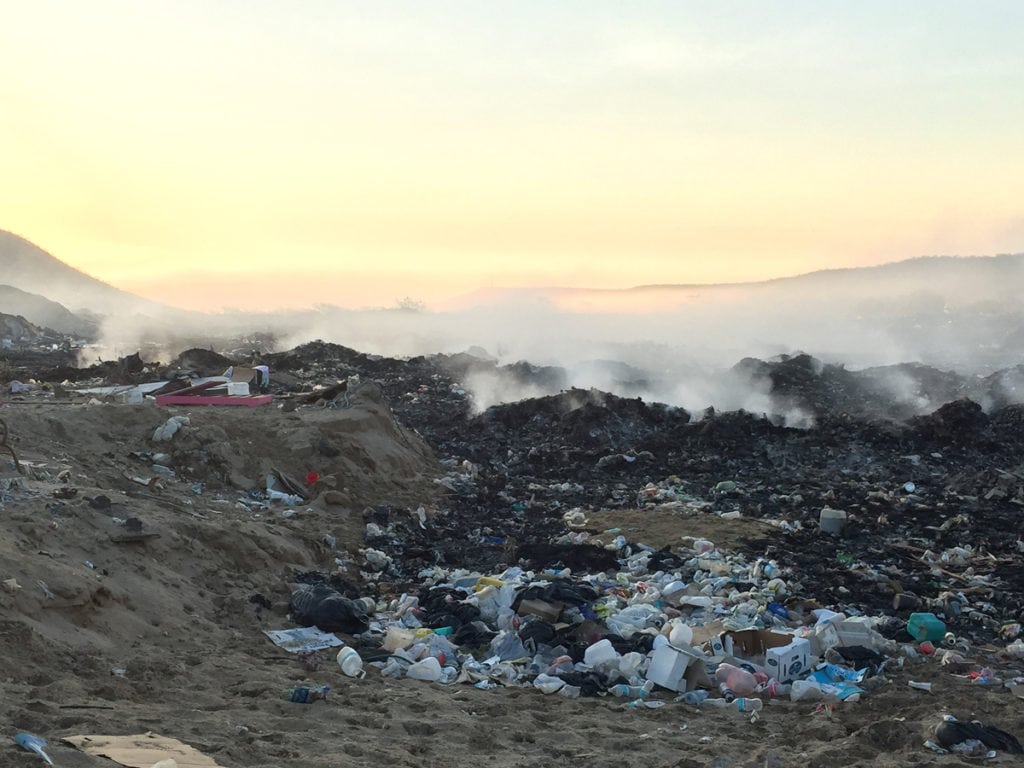
ANALYSIS / ANÁLISIS
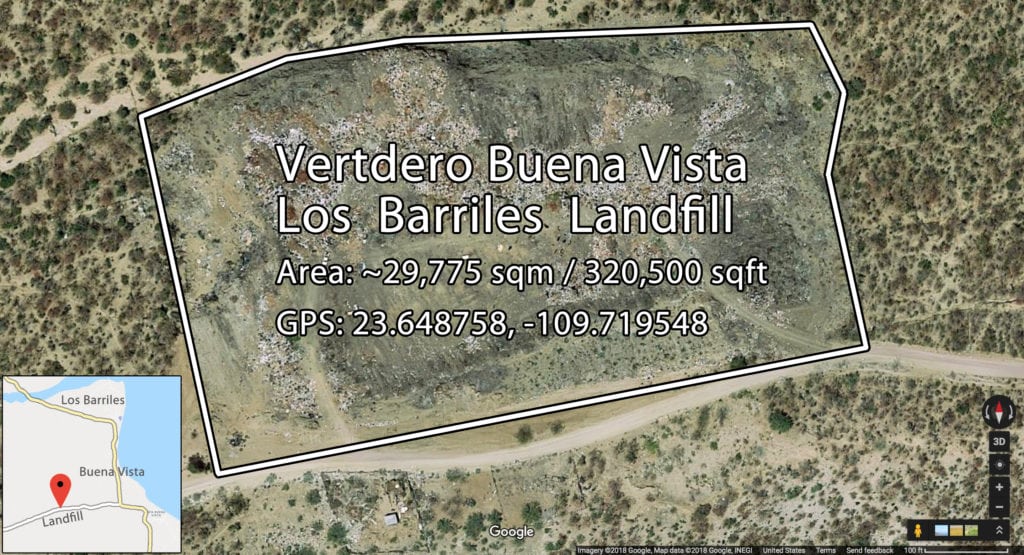
Since current measurements of the smoke being released by the fires are not available estimates and trial recordings need to be made and reported. For much of Mexico, official measurements of Air Quality Index (AQI) numbers are not available regularly.
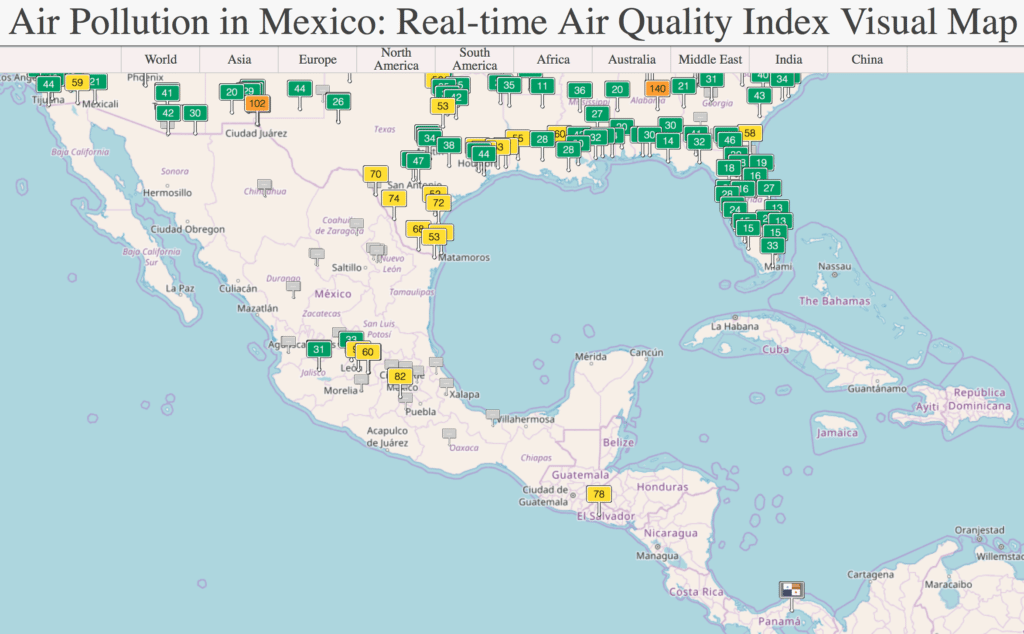
Without technology in place to consistently measure the toxins in the smoke, Baja California Sur relies on personal reporting. When smoke from the landfill is present call the BCS Delegacion of PROFEPA (Procuraduria Federal de Procuraduria Federal de Proteccion al Ambiente) at: +52 (612) 122 0787. Their office is located in La Paz at: Blvd. Padre Eusebio Kino, S/N, Esq. Manuel Encinas , Col. Los Olivos, C.P. 23040, La Paz.
As of June 2018, photos, video, and written accounts can be emailed to Ing. Saúl Colín Ortiz, Director General of the Baja California Sur Delegation. Urgent reports should demonstrate that a fire is burning and request that it be stopped with the use of a bulldozer or other earth mover.

PURE / PURO
Aside from stopping the hazardous burning, limiting the use and disposal of plastics is critical at the individual level. To sequester plastics, use a stick and a plastic bottle to tightly pack plastic waste (https://www.ecobricks.org). This prevents waste that can be easily moved by the wind from being carried into the ocean or away from designated recycle areas.
Tires can likewise be sequestered in the use of retaining walls or construction as demonstrated by Architect Michael Reynolds, and locally at the “Earthship” tire wall home in Todos Santos.
Organic waste can simply be composted, or turned into bio gas with the use of a bio reactor. Homebiogas.com sells units for the home.
Placing and staffing small scale recycling stations closer to residential areas will also help control illegal dumping and educate on best practices for controlling waste.
Even burning waste can become a viable option when done in a way that captures and controls all of the toxins in the process. Sweden has demonstrated near 100% recycling levels over the past few years and imports waste in order to generate power for its electrical grid. Los Cabos would benefit from the same practice and add resilience to local energy systems while further improving air quality.